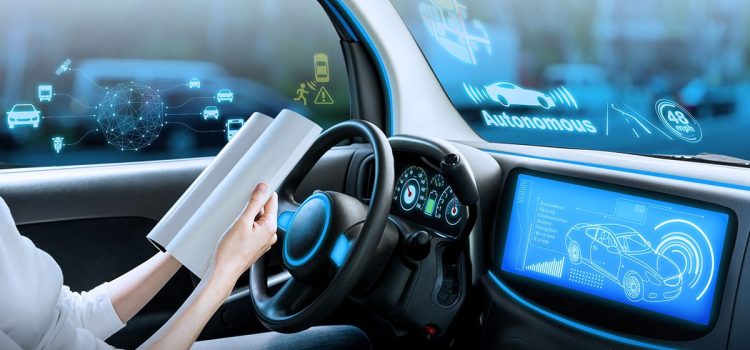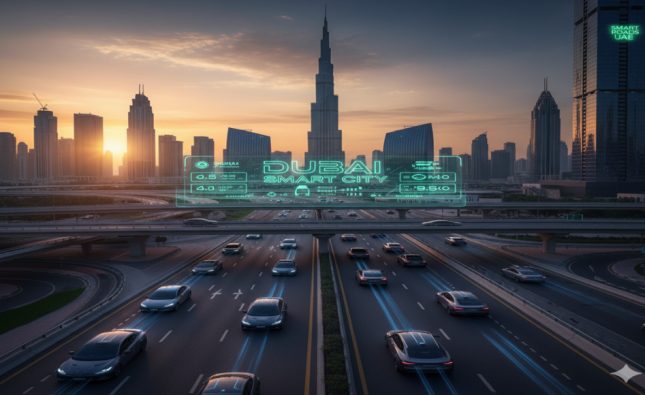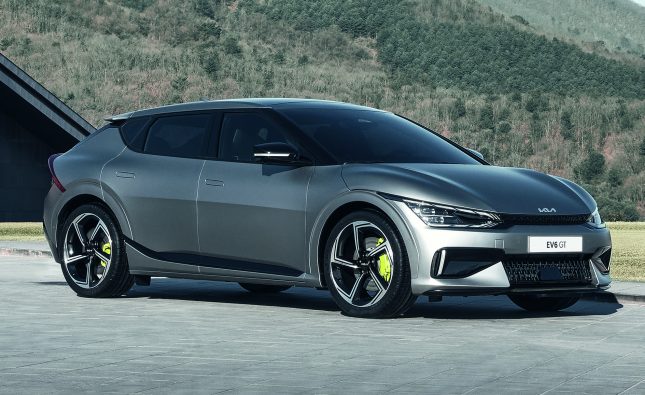
Introduction
In the rapidly evolving landscape of technology, the automobile industry has witnessed a paradigm shift with the advent of connected cars. Gone are the days when vehicles were simply a mode of transportation; today, they are transforming into interconnected hubs embedded with a multitude of sensors, devices, and internet connectivity. This amalgamation of automotive technology and the Internet of Things (IoT) has ushered in a new era of smart mobility, redefining the driving experience and revolutionizing the automotive sector.
The Evolution of Connected Cars
At the heart of connected cars lies the integration of advanced sensors and communication technologies. From in-car entertainment systems that provide seamless connectivity for streaming music and videos to sophisticated navigation systems offering real-time traffic updates, these features have become commonplace in modern vehicles. Additionally, the emergence of vehicle-to-vehicle (V2V) communication systems enables cars to exchange information about speed, location, and potential hazards, enhancing road safety and traffic management.
Features Reshaping the Driving Experience
In-car entertainment has undergone a remarkable transformation. Infotainment systems, powered by IoT, offer a plethora of services including internet radio, streaming services, voice assistants, and smartphone integration. Passengers can now enjoy a personalized, connected experience, accessing a range of entertainment options while on the move. Moreover, the integration of IoT extends beyond entertainment. Advanced driver-assistance systems (ADAS) leverage sensors and cameras to provide features like adaptive cruise control, lane-keeping assistance, and automated parking, enhancing both convenience and safety for drivers.
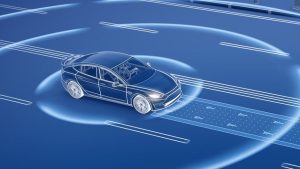
Challenges and Concerns
However, the rapid proliferation of connected cars also brings forth a set of challenges, primarily concerning cybersecurity and data privacy. With vehicles increasingly relying on digital systems and connectivity, they become potential targets for cyber threats. Hackers could exploit vulnerabilities in the car’s software, compromising its functionality, or even gaining unauthorized access to critical systems, posing grave safety risks. Data privacy is another significant concern. Connected cars continuously collect vast amounts of data, ranging from driving patterns and locations to personal preferences and biometric information. The responsible handling and secure storage of this sensitive data are crucial to prevent misuse or unauthorized access, raising pertinent questions about ownership, consent, and regulation.
Securing the Future of Connected Mobility
To address these challenges, industry stakeholders must prioritize cybersecurity measures. Implementing robust encryption protocols, regular software updates, and intrusion detection systems can fortify the defense against cyber threats. Collaboration between automakers, cybersecurity experts, and regulatory bodies is essential to establish comprehensive standards for cybersecurity in connected vehicles. Furthermore, ensuring data privacy requires a multifaceted approach. Clear guidelines and regulations must govern the collection, storage, and utilization of data collected by connected cars. Manufacturers should adopt transparent privacy policies, allowing users to control and consent to the data they share, empowering them to make informed decisions about their privacy.
Integration with Smart City Infrastructures
Connected cars play a pivotal role in the evolution of smart cities. The integration of vehicles with smart city infrastructures facilitates efficient traffic management, reduced congestion, and optimized transportation systems. By leveraging data from connected cars, city authorities can analyze traffic patterns, plan infrastructure upgrades, and implement intelligent transportation solutions, ultimately enhancing the overall urban experience.
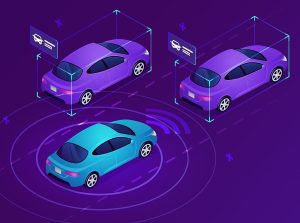
Conclusion
The convergence of automobiles with IoT has propelled the automotive industry into a new era of innovation. Connected cars offer a multitude of benefits, from enhancing safety and convenience to revolutionizing urban mobility. However, as vehicles become more connected and data-driven, addressing cybersecurity risks and safeguarding data privacy becomes imperative. Moving forward, collaboration among industry players, stringent regulations, and technological advancements will be pivotal in shaping the future of connected mobility. By overcoming challenges and embracing responsible innovation, connected cars will continue to redefine the way we perceive and interact with transportation, paving the way for a smarter, more connected future on the roads.








